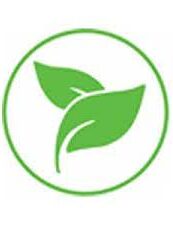Sabi-Agrik Ltd and partners launched the first phase of a successful agribusiness partnership with the aim of building resilience among rural farmers, rural women, and farmer groups across Nigeria and Africa on a Farmer’s Voice Project.
The Farmer’s Voice Project began in 2018 as a way to help rural women’s groups, local communities, and indigenous peoples’ institutions, among others in building resilience, bolstering their technical and business capacities to fight climate change and improve food security.
The initiative’s second phase is now being rolled out over the next six geopolitical across Nigeria and Africa, from the original pilot group of 30.
These groups make up a large proportion of the rural poor and rely on farming, forests, and agroforestry systems to grow food and make a living. Adopting improved farming techniques through training, mentorship, and field demonstrations had a positive impact on the general farm output per enterprise as identified at the end of the project.
Building Resilience: How?
The project identified a key that involves rendering their farm enterprises resilient to climate change and is a key factor in their livelihoods and identity.
The initiative scales up the effort to help farm producers develop climate-resilient landscapes, strengthen enterprises and generate work opportunities for women and youth, and encourage better policies to help the rural poor while giving them a voice.
One of our lead farmers at Ebonyi State Nigeria, A Rice Seedpreneur emphasized the need for constant intervention through capacity building for other rural women groups.
This comes to inform of video tutorials that farmers can easily access and use the knowledge as a guide to improve their skills for better yield.
Some 70% of Nigerian populace are farmers, that adds up to over a hundred million families depending on agriculture for livelihood
The Farmers Voice second phase will provide data and technical support to strengthen organizations that represent farm producers, investors, and other agencies. It will also increase access to markets, finance, and training – with a focus on vulnerable groups, such as women and youth.
So that farm producers can better manage their land to withstand climate impacts, Sabi Agrik will roll out adaptation and climate resilience activities as well.
Watch our videos
